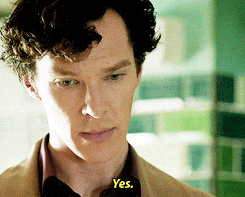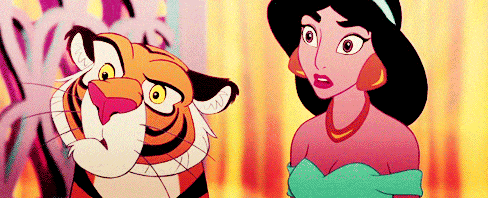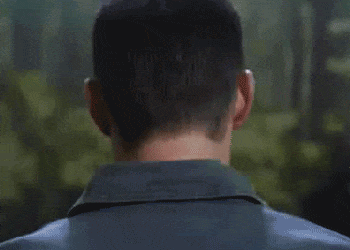Do you think you pay attention to things well?
Time for an experiment. Watch this two-minute video about a detective finding a murderer. (I know what you're thinking, but trust me, watch this.)
How did you do?
There are different theories about how exactly we pay attention to things, and while there is not one that psychologists have deemed to be exactly right, they get us pretty close to understanding how we pay attention, and how certain things slip past us unnoticed.
Broadbent's Early Selection Theory (I know the name sounds formidable, but stick with me), says that for the most part, our senses take everything in, and immediately our brains decide what stimuli is important for whatever we are doing at the moment. That information is then processed for its meaning, and then we can make decisions in how to respond.
But there is an issue with this theory. Imagine you are in a big room full of people. You are talking to the person in front of you, and the process of selective attention is helping you zone out the other conversations around you so you can focus on speaking to that one person.
Then someone across the room, having another conversation, says your name.
If we're going with the original theory, hearing your name is not really pertinent to your focusing on the conversation with the person in front of you. So, you should have zoned that out, as your name was part of another conversation, but you don't. This is called the cocktail party effect.
So another theory called Deutsch and Deutsch's Late Selection Theory argues that you do actually assign meaning to everything, but then your brain decides which information is important enough to hold on to and think about.
But, this is all happening rapidly, and it seems a waste to spend so much time putting a meaning to everything when you only use a fraction of that information.
So Treisman's Attenuation Theory says that we do assign meaning to some of the things around us, but we will not be paying it any mind until we pick up something that our brains decide is important, and then we will switch our attention over. (Like when you hear someone calling your name.)
Pretty cool, huh?
























